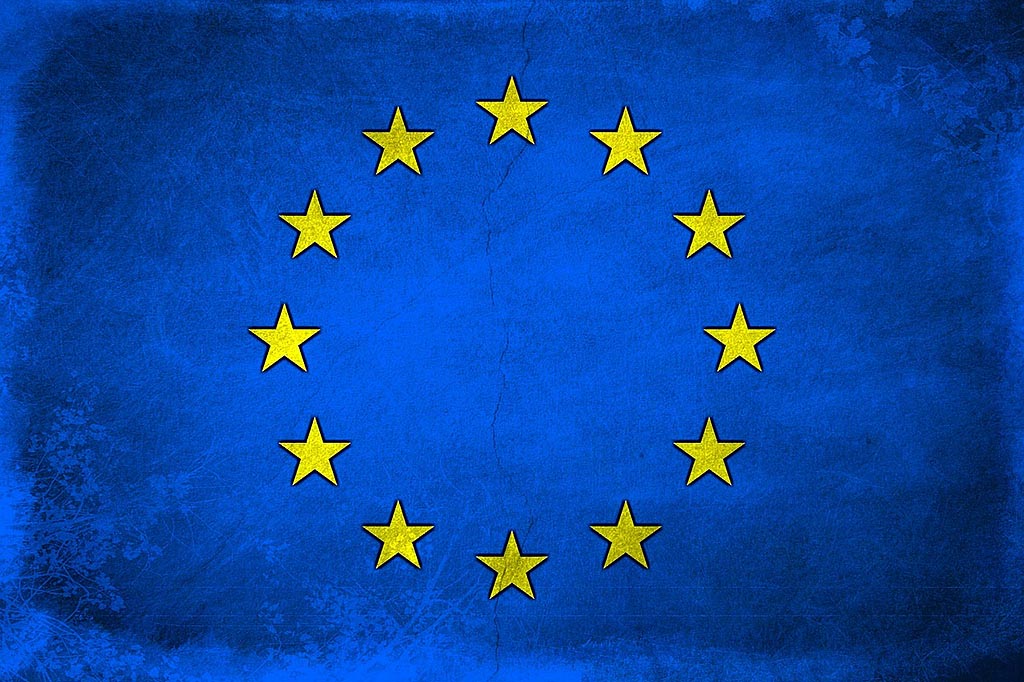By: Nicola De Felice
“We shouldn’t put the horse on the back,” Prime Minister Draghi seemed to be saying at the end of the informal meeting he held a few days ago in Slovenia with the other heads of state and government of the EU member states to discuss common defense. After an initial, objectively positive postulate, Prime Minister Draghi asked those present a few questions: “If Europe does not have a common foreign policy, it is very difficult to have a common defense. A common foreign policy and military union can be achieved within the EU or through strategic intergovernmental alliances between a number of states. The first system is far preferable, but I am not ruling out the second, ”said the Prime Minister, If, for example, the Baltic states are geared towards the use of NATO to counteract possible Russian expansion efforts, then for other states – such as Italy because of its need for strategic stability in Libya – this can be done with European armed forces where NATO (i.e. the USA) has lost its geopolitical interest, namely in the Mediterranean region. Surprisingly, Draghi got EU members to seriously reflect on the US path and communications on recent international events, from the Afghanistan crisis to the Aukus Pact (Australia, UK, US) for the presence of nuclear submarines. Boats in Southeast Asia, prompted.
The EU Council must adopt the Strategic Compass, the basic plan for joint defense, by March 2022. Like no other Italian prime minister before him, Draghi complained about the marginalization of the EU member states within the Atlantic Alliance and called for greater coordination for joint decisions and goals. But what would such a “European league” represent in a geopolitical framework – similar to the ancient Greek Confederation of Delos – understood as a federation of states that decide to defer their responsibilities in foreign and defense policy in favor of decisions of common interest additionally a completely free internal market and a common currency?
Hypothetically adding up all EU countries, the “European League” would have 450 million inhabitants, armed forces that are globally competitive, an economy surpassed only by the US and China, the ability to cope with the flow of illegal migration from Africa and Curb Asia, but hit the Achilles’ heel with one of the lowest birth rates in the world. Freedom to move from one state to another, while risky in times of terrorist threats, offers undeniable economic benefits. Militarily, an entity would emerge that would only be inferior to the USA and superior to China, but whose leadership would probably be in constant conflict with the various most powerful European states.
Which European state would take on the role of the linchpin of an “empire” of global projection? History teaches us that Europe in all epochs has only become decisive in the existing geopolitical structure when one people has prevailed against the other. The following question arises: Have the French, the Germans, the Italians, the Spanish, the Dutch, the Hungarians and all other peoples matured to such an extent that they realize that it will be difficult to survive with the other great powers Traditions and identities, but also to compete for energy independence and strategic autonomy for the well-being and development of our peoples if we do not unite?
After summarizing the utopian potential of an all-encompassing “European league”, I would realistically see only three or four states come together in such a draft, including Italy, where popular support for what is previously only an idea is based on concrete elements, since the Italian people are the most European on the continent, thanks to the ancestral conditioning associated with history and culture, the modus vivendi, the innate and widespread belief that they really believe in a united Europe, since they already have it with the Legions and civilization of Rome.
It is a difficult dream to realize, but it is well worth making it, so as not to be finally marginalized in an increasingly competitive world and to resolve geopolitical issues that affect national interests. There’s still time, let’s play.
 Nicola De Felice
Nicola De Felice
Senior Fellow at the Centro Studi Machiavelli. As rear admiral and former commander of destroyers and frigates, he has carried out important diplomatic, financial, technical and strategic tasks for the defense and naval staff at home and abroad, at sea and on land, following the application of techniques that the Italian Make defense and security policy efficient.
This article was first published by CENTRO MACHIAVELLI .

